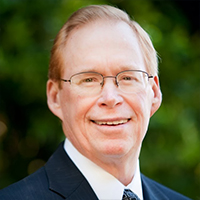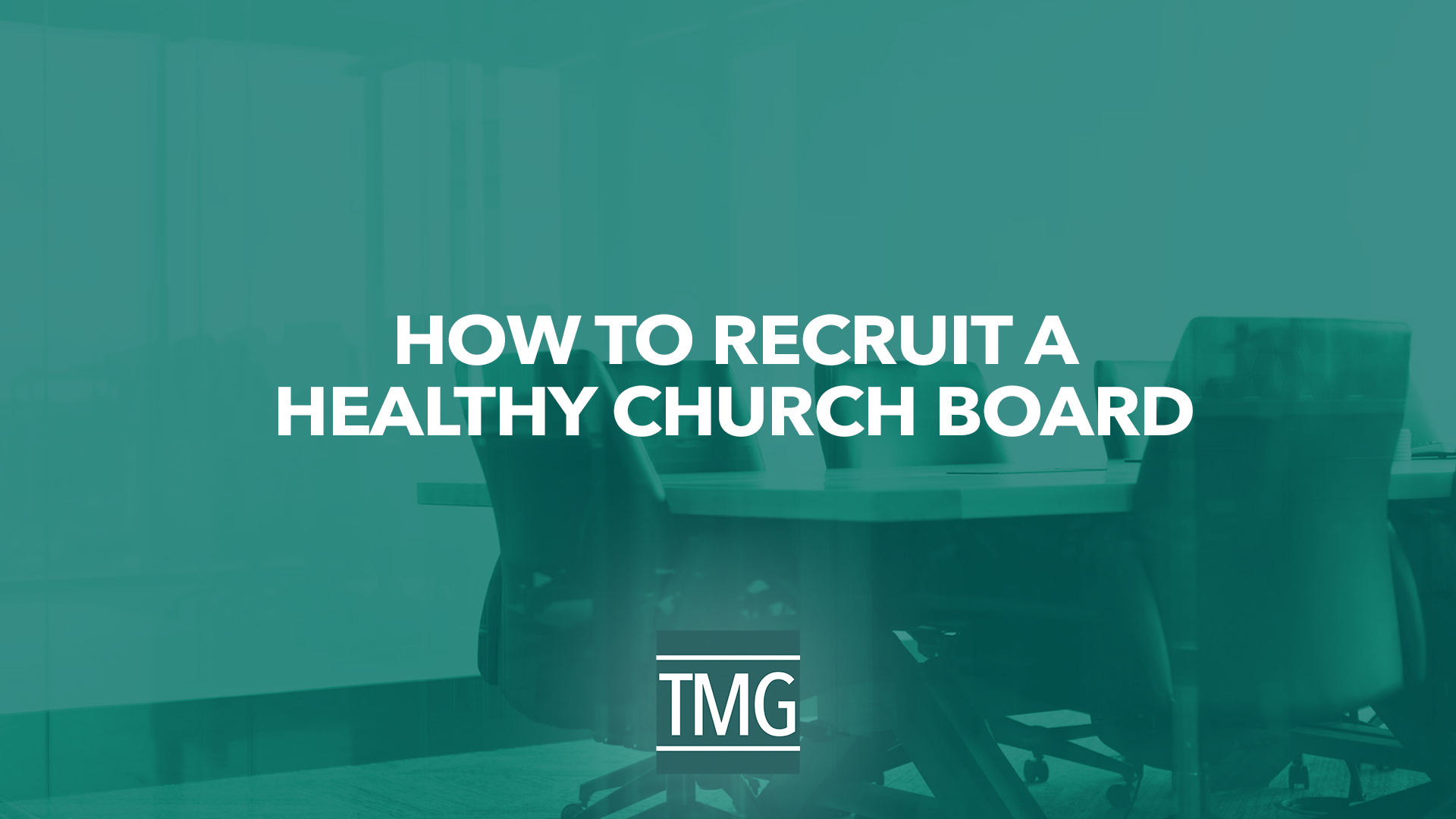Serving on your church’s board is a privilege. It is a huge responsibility and a calling, but also a blessing. I have had the joy of serving on multiple church boards over the years and am wrapping up a six-year term on my church’s elder board this year.
One of the most frequent questions we get from pastors is: How do we build a board that works?
We’ve all seen it: board fights, board dysfunction, board meetings that last for hours, and get little accomplished. There has to be a better way.
I hope to shed light on that better way, which is: to build a healthy church board, you have to select healthy leaders.
Yes, there are best practices for running meetings and making decisions. But none of that matters if you don’t have the right people in the right seats. In this article, you’ll learn the critical characteristics of healthy board members.
We all know that the Scriptures speak clearly about the qualifications to consider for an elder; do not overlook these passages (namely 1 Timothy 3 and Titus 1).
The Bible outlines characteristics that are daunting, humbling, and solemn:
“Whoever aspires to be an Elder desires a noble task, must be above reproach, able to teach, temperate, must be blameless, not a new believer, faithful to his wife, manage his own family well and see that his children obey him, not overbearing, not quick-tempered, not given to drunkenness, not violent but gentle, not pursuing dishonest gain, hospitable, one who loves what is good, self-controlled, upright, holy and disciplined, trustworthy of the message as it has been taught and encourage others by sound doctrine and refute those who oppose it, and a good reputation with outsiders.“
Churches tend to value a leader’s capacity over his character. This tendency is why churches often choose leaders with influence in the community—the president of a local bank, well-established businessmen, lawyers, accountants, engineers, and such.
Yet the Bible seems more interested in a leader’s character than his capacity. Leaders that run the church board like a business but forget that the church is primarily a ministry fail because they think church leadership is about power, not service. The church’s mission is to sacrificially serve our community, share the Gospel near and far, and to see believers grow to full maturity. This mission is accomplished best through leaders who seek to serve, not leverage authority at all costs.
My experience on an elder board has been sweet, but not without difficulty, too! Serving on a board means dealing with hard issues such as church discipline, cultural matters, failing marriages (including unfaithfulness), doctrinal issues, and many other things. Because the decisions are often complicated, you must select the right people–not just the ones with the most influence, most longevity, or the deepest pockets.
So how do you develop a healthy board that is Christ-centered, humble, and sees themselves as servant leaders? You need to recruit leaders that exhibit the eight core competencies of a healthy board member.
4 Character Competencies
Servant Leaders
Board members should emulate Christ himself, who was the perfect servant leader. We see this lived out as they serve in the church, not just in their Elder role, but as members of the local church body. They should also encourage congregation members to serve as well.
Willing to tackle hard issues
There are challenging issues that arise during the time of serving as Elder. These will require God-given discernment, clarity, and wisdom to find the best solutions. This will require all to work well together and be in alignment.
Prayer warriors
Prayer should always lead the way. It should be a top priority for the elders, personally and when they meet together.
Leading the church in sharing the Gospel
The Great Commission is for all believers in Christ. The members of the Elder Board, along with the pastor, should lead the way and encourage the congregation in evangelistic efforts as well.
4 Capacity Competencies
A “Calling” for this role
Each member of the board should know that God has directed and encouraged them to serve as an Elder. Often this comes as the potential Elder is seeking God’s guidance.
Know God’s Word / Teachers of the Word
Men who can wrestle with and teach God’s word in various settings. Knowledge of God’s word is essential as the board deals with doctrinal issues that may arise. They are the “keepers” of doctrine in the church.
Encourage the Pastor’s Vision
Elders should be in harness with the pastor on his vision for the church. Vision may be developed with staff, pastor, and elders together. Once the collective leadership determines the destination (Vision), the role of the elders is to help the church move toward that vision. All should be engaged and live it out!
Elders are strategic thinkers
Elders can see the big picture by understanding ministries, people, and assets. They know how to employ them for the most significant Kingdom impact effectively.
As I said at the beginning, being an elder in the local church is a huge responsibility, and not all men are right for this role. A clearly defined process for identifying men is paramount and will serve God, the church, and the Kingdom well.
If you have a collegial board that respects each other, have “can do” attitudes, are hard workers, have a servant’s hearts, are of one accord, and with varying personalities and strengths, it will serve God and the local church well.

Ron Donnini is the CEO of the Malphurs Group. Ron directs TMG’s leadership coaching services. He has a heart for maximizing the potential of church leaders. Ron lives in Arlington, TX with his wife Shawn, and enjoys spending time golfing and being with his kids and grandkids.

